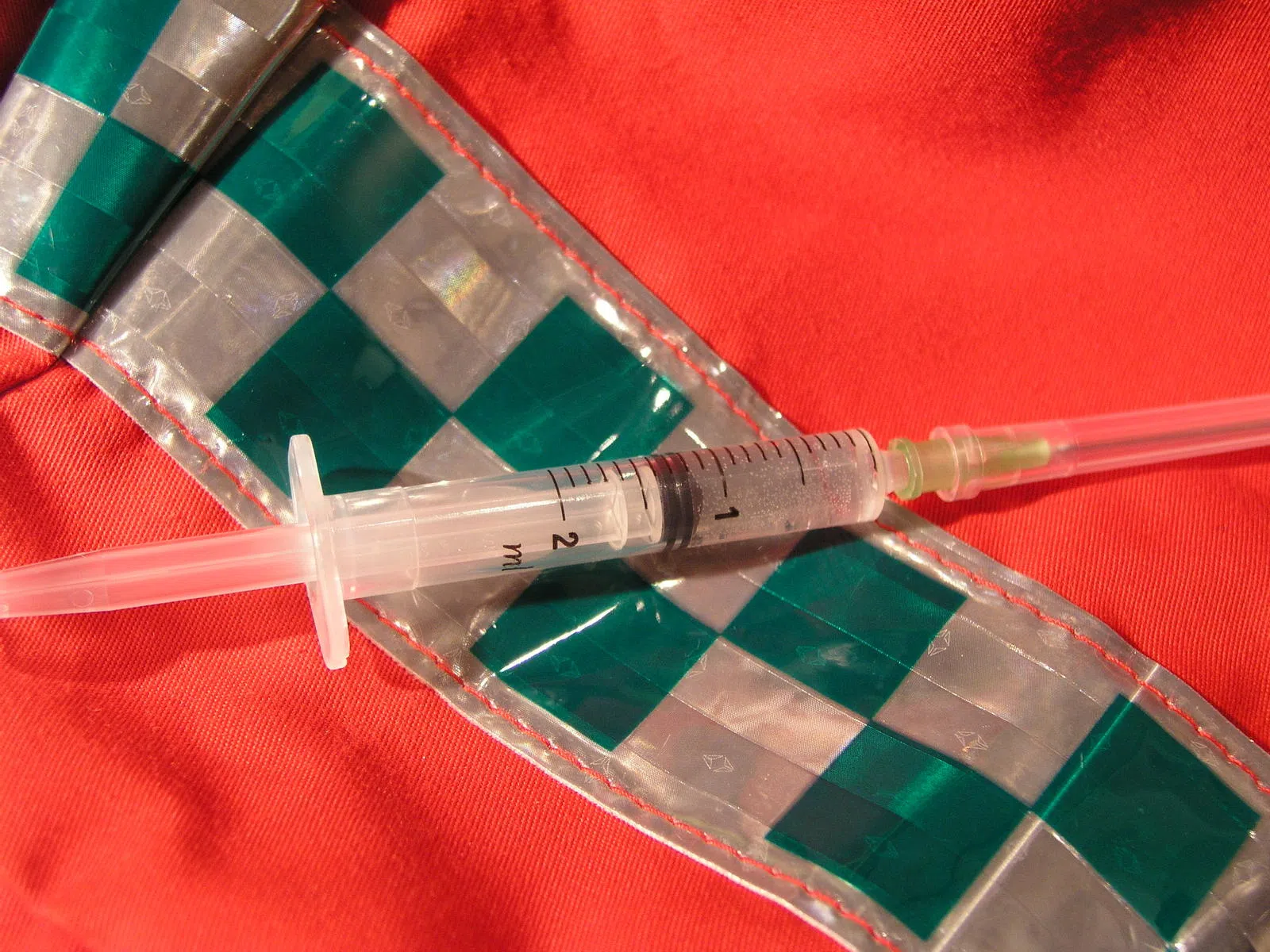A needle exchange program that is expected to be introduced at the Atlantic Institution in Renous in the near future is causing concern for the Union of Correctional Officers.
Correctional Service Canada says this program will give federal inmates access to clean needles, in an effort to limit the transmission of infectious diseases, such as hepatitis C and HIV.
But National President Jason Godin believes Correction Service Canada is closing its eyes to drug trafficking in the institutions, “A needle in one cell, is potential for a needle to be in other cells. We are kind of defeating the purpose here as to who is going to get them and who is not. When you do a needle exchange program in the regular community, it is normally with law abiding citizens and in our case, it is just not the same situation. It is sad that the people calling for this don’t quite understand what the reality is like because they don’t work inside of our facilities.”
Godin says this is not a normal community, and needles will also pose a risk to both the staff and the rest of the prison population.
“The whole concept of Threat and Risk Assessment must be reviewed. What will correctional officers be called upon to do when an inmate is about to inject themselves with a needle provided by CSC? Watch them do it or enter the cell to prevent it from happening?” adds Godin.
He says they are baffled that the government would make a move for this type of program, when there isn’t a need for it.
“These inmates have been convicted of crimes, many of them are for violent reasons. We just don’t see the logic, and it was a bit of a blind side to see that this was coming. The government, of course doesn’t consult with the men and women who are going to have to deal with the problem on the ground,” Godin says.
The New Brunswick prison is one of two where the program will first be introduced. The other prison is in Ontario.




